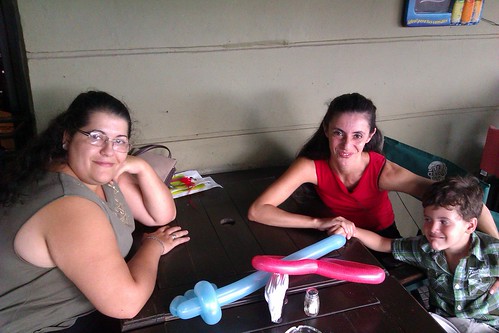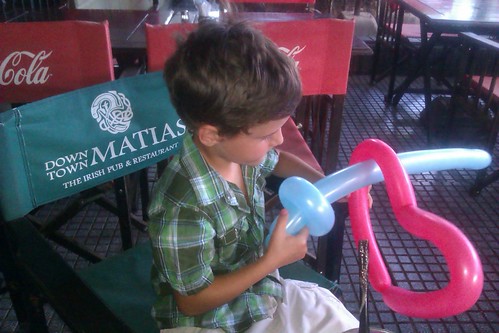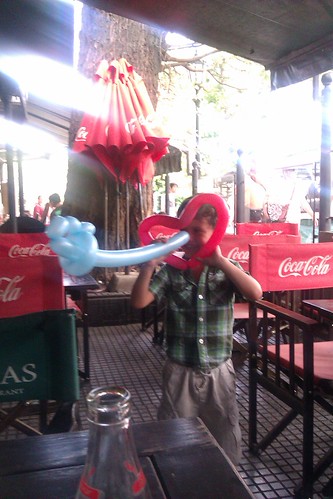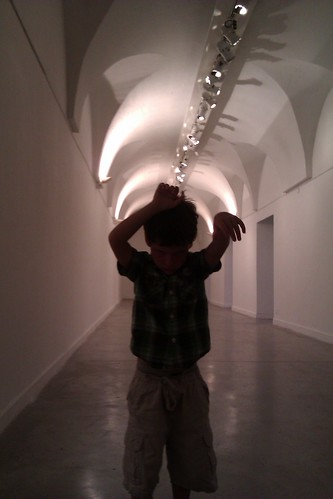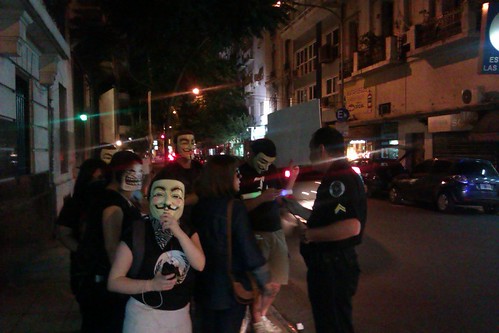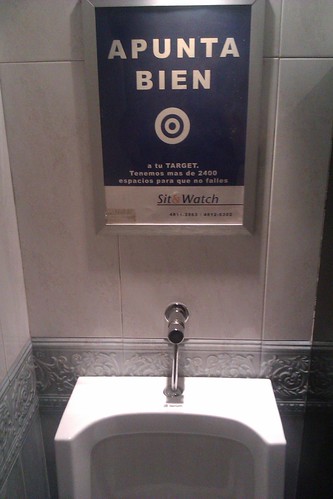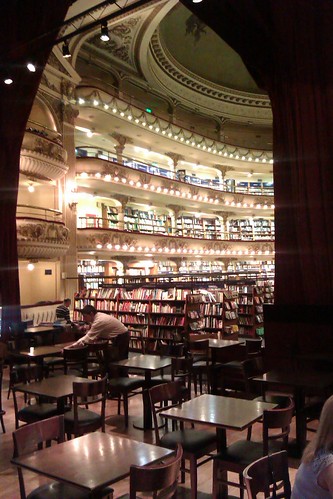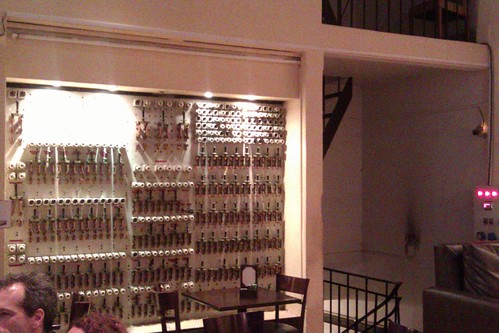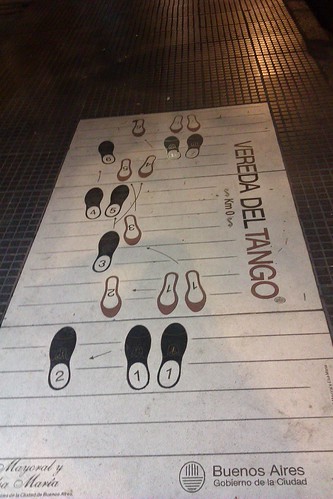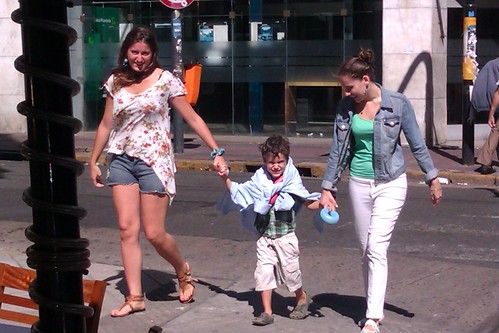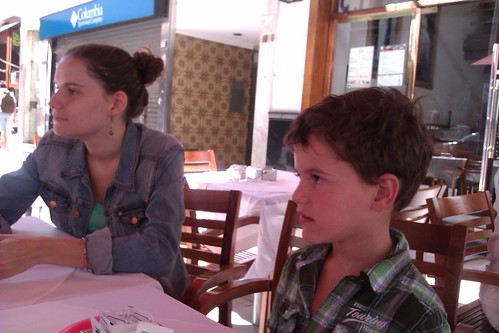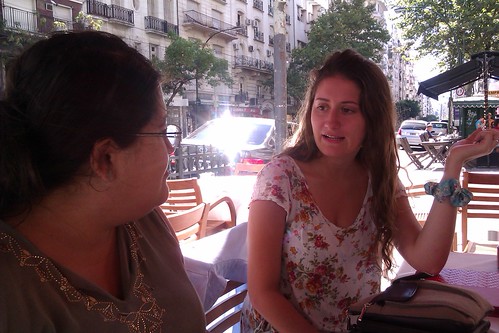1003 is a funny number, just not funny haha
In 1003, Erik the Red died after having ruled Greenland. Which of course, was a bad idea, color-combination-wise.

Article 1003 at piachepiu.com.ar
Also a bad idea was decree 1003/89 which pardoned every "subversive" or "terrorist", including those dead or disappeared. This is after decree 1002, that pardons those who killed or disappeared them, of course.
Much milder is decree 1003/98 which gives an award to Roberto DeVicenzo. I wrote a program called devicenzo, BTW.

Car 1003 of the 56 bus.
Bug #1003 in launchpad is about launchpad, the title is "projects +search page 404" and the description is "Page not found Page not found". It's fixed.
If you search for 1003 in Google Maps, it gives you one result, in Latvia.
View Larger Map
But Bing gives you another place, in Lausanne.
1003 days ago, it was september 15th, 2002, the day of my 31st birthday.

USS Albatross, SP-1003
Page 1003 of Gray's anatomy is about the development of the eye and contains a drawing of "the eye of an eighteen days’ embryo rabbit.".

"1003 Rabbit Skins Snap Bib" (scary!)
Page 1003 of "Familiar Quotations, 10th ed of 1919" says "We are dancing on a volcano.", attributed to the Comte de Salvandy. Alto del Zapote, in Cuba is 1003 meters tall, but is not a volcano at all.

NGC 1003, a diffuse spiral galaxy in Perseus.
Oh, and this blog has 1003 posts.



